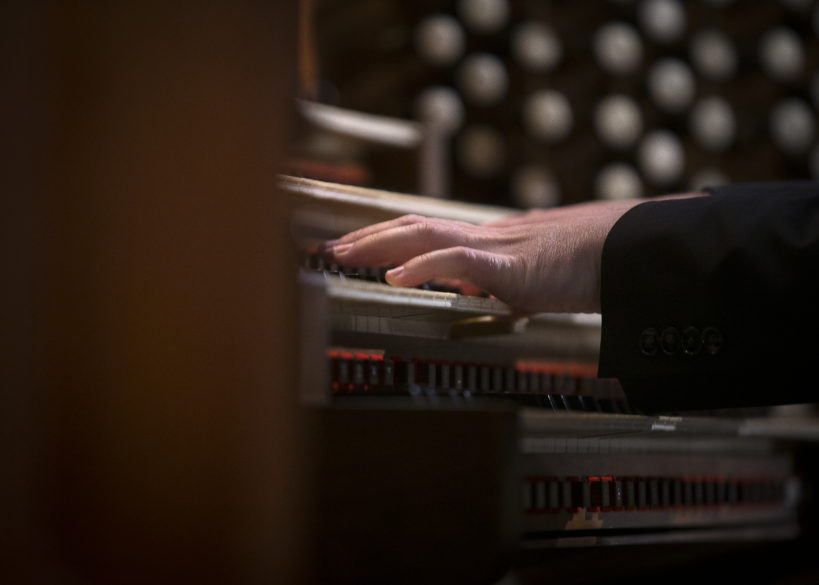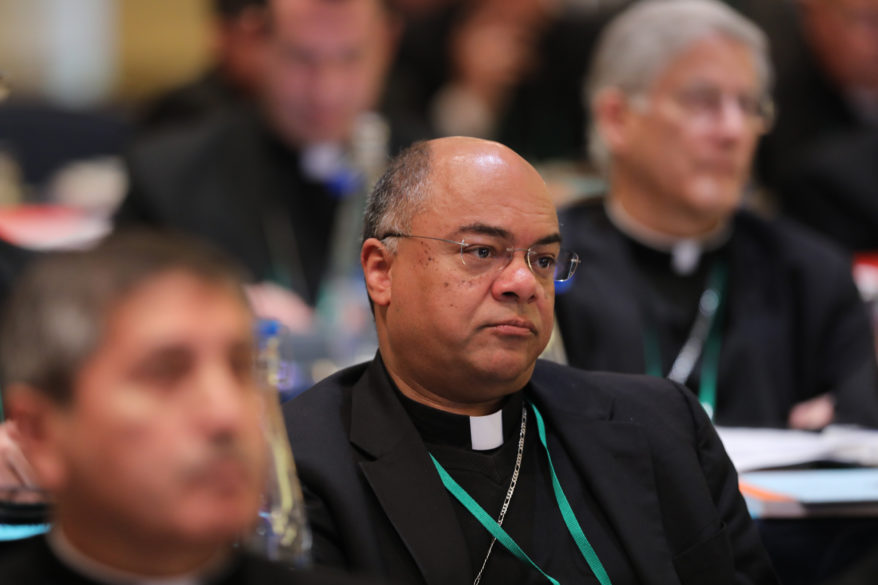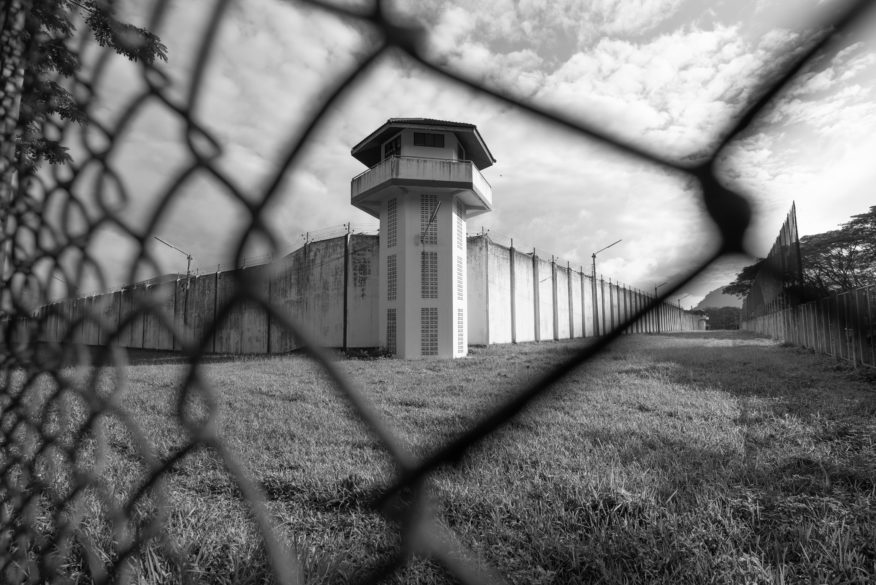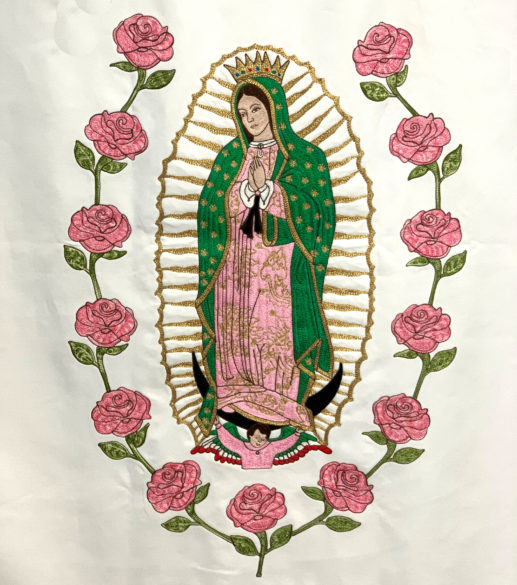
Por Obispo Joseph Kopacz
La Palabra de Dios en nuestras celebraciones de sábado por la tarde y domingo a fines del otoño y principios del invierno nos retan con un espíritu de urgencia a considerar nuestras elecciones diarias y el impacto que tienen en nuestras relacione con Dios, los demás y nosotros mismos. El Señor Jesús, en el Evangelio del domingo pasado, abordó el trauma de los desastres naturales y las inevitables persecuciones y martirios que golpearían a muchos de sus fieles discípulos.
¿Son estos los signos reveladores de los últimos tiempos? En realidad, no, Jesús responde, pero tenga la seguridad de que el Espíritu Santo, la promesa de la vida eterna, habita dentro de usted y “con perseverancia salvará sus vidas”. El profeta Malaquías pronuncia audazmente que “para aquellos que temen el nombre del Señor,” surgirá el sol de la justicia con sus rayos curativos “. Nuestra respuesta cantada o hablada siguió:” El Señor viene a gobernar la tierra con justicia.“ ¡Por supuesto!
Mientras tanto, San Pablo, en armonía con las enseñanzas del Evangelio del Señor sobre la perseverancia, instruyó a sus amados hermanos y hermanas en Tesalónica, viviendo en previsión de la segunda venida, que la vida diaria tiene un patrón justo hasta el momento en que el Señor vuelva a llevarse a cada uno de ustedes. “De hecho, cuando estuvimos con usted, le indicamos que, si alguien no estaba dispuesto a trabajar, tampoco debería comer … Oímos que algunos se están comportando entre ustedes de manera desordenada, al no mantenerse ocupados sino ocuparse del negocio de otros.” En períodos ordinarios y extraordinarios, por la gracia de Dios, debemos perseverar en amar todo lo que es santo, bueno y digno de alabanza, hacer justicia y caminar humildemente con nuestro Dios.
Al regresar de la Conferencia Anual de los Obispos en Baltimore, reflexioné sobre la variedad de asuntos urgentes que se abordaron en el transcurso de cuatro días. Mi período de tres años en el Comité para la Protección de Niños y Jóvenes ha finalizado y estoy agradecido por haber tenido la oportunidad de servir con laicos, sacerdotes y obispos de todo el país que están comprometidos con la promesa de proteger y la promesa. para sanar a todos los que han experimentado el crimen y sufren el trauma del abuso sexual como menores. Del mismo modo, estoy orgulloso de la dedicación en toda nuestra diócesis para todos los que abrazan esta causa justa y permanecen atentos, como lo confirmó nuestra auditoría recientemente completada.
Durante la Conferencia, el Obispo Robert Barron ofreció un camino claro para la evangelización en nuestra cultura posmoderna, un asunto urgente, especialmente a la luz del fuerte desgaste de la fe religiosa entre las generaciones más jóvenes. ¿Cuál es la respuesta urgente? Su investigación atestigua que las obras de justicia, la belleza de nuestras liturgias, la arquitectura de la iglesia, la música y el arte, la profundidad, altura y aliento de nuestra tradición intelectual, y el compromiso sabio e inteligente de las redes sociales son, individual y colectivamente, caminos para invitar, a aquellos al margen de la fe religiosa para encontrar al Señor crucificado y resucitado. El bien, la belleza y la verdad fundamentales, después de todo, es una relación personal con el Señor Jesús, el Camino, la Verdad y la Vida, y una vida al servicio del Reino de Dios. Es una forma de vida marcada por el propósito y la promesa, pero también invita al rechazo, la hostilidad y la persecución.
El obispo Barron ofreció esta reflexión a través del lente del Evangelio del domingo pasado de San Lucas. “Amigos, en el Evangelio de hoy, Jesús describe la resistencia violenta del mundo al establecimiento del reino de Dios. Desde los primeros días hasta el presente, la comunidad de Jesucristo ha sido el foco de la violencia del mundo. El viejo principio de ‘matar al mensajero’ se aplica aquí. La Iglesia anunciará hasta el fin de los tiempos, que el viejo orden está desapareciendo, que está surgiendo un nuevo mundo de amor, no violencia y vida. Este anuncio siempre enfurece al mundo del pecado, siempre. El siglo XX lo demostró siendo el más sangriento de la historia y el siglo con más mártires.“
Por lo tanto, en el tiempo ordinario somos testigos, a través del servicio, la adoración, la enseñanza y empleando lo último en comunicaciones. En tiempos extraordinarios, morimos por la fe, sabiendo que la sangre de los mártires, más que todos los demás esfuerzos de evangelización combinados, garantizará que la Iglesia, el Cuerpo de Cristo, perdure hasta el fin de los tiempos. En el vasto paisaje en el que la iglesia vive, se mueve y tiene su ser, tanto en la longevidad como en nuestra misión múltiple, hay potencialmente un hogar para muchos en el banquete de la vida. Una fe personal que ve la urgencia de una vida bien vivida en el Señor puede manifestarse en su mandato de hacer discípulos a través de la Palabra, la Adoración, el Servicio y la Justicia Social, desde la fundación de la vida en el útero hasta que la eternidad amanezca a través de la puerta de muerte.
Junto con el Obispo Barron, el Obispo Nauman, el presidente del Comité de Pro-Vida habló elocuentemente sobre el compromiso de crear una cultura de vida donde cada niño no nacido pueda encontrar un hogar. Asimismo, el obispo Mark Sis y el obispo Shelton Fabre abordaron la urgente necesidad de una reforma migratoria justa y una nación libre del flagelo del racismo.
Hay muchas fuerzas que trabajan para socavar la perseverancia en la fe, pero hay muchos caminos que conducen a la vida. La mayor seguridad para el creyente es el Espíritu Santo prometido, cuyo poder amoroso perdura para siempre. Que el Señor crucificado y resucitado nos conceda una temporada de refrigerio y esperanza, individualmente, en nuestras familias y en todas nuestras comunidades de fe, un espíritu de perseverancia que nos permitirá salvar nuestras vidas.






